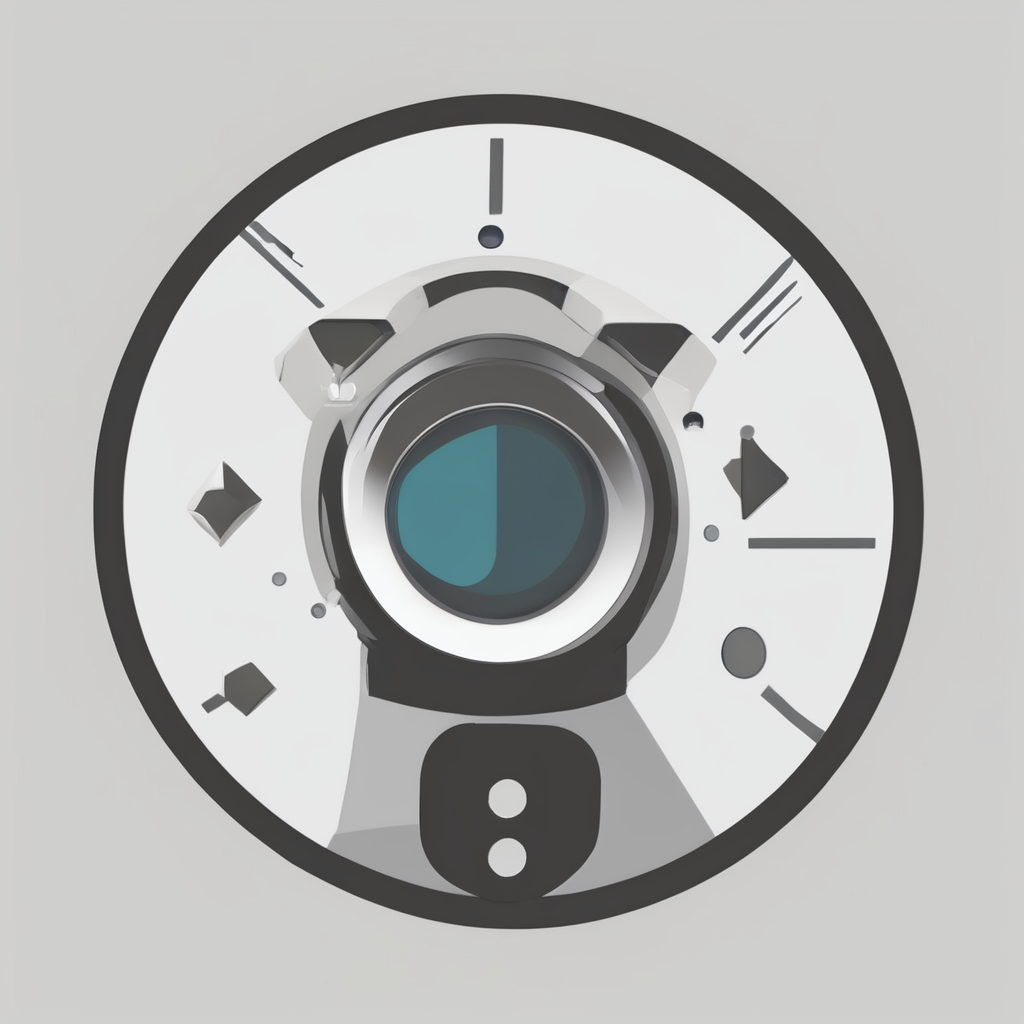Overview of Groundbreaking Healthcare Technologies in the UK
The UK is witnessing a surge in healthcare technology innovations that are reshaping patient care and service delivery at an unprecedented pace. Recent trends illustrate how healthcare innovation integrates advanced tools—ranging from artificial intelligence to wearable devices—into everyday clinical practices. This transformation drives improvements not only in patient outcomes but also in operational efficiency across the NHS and private sectors.
One major factor contributing to this shift is the growing adoption of emerging medical tech designed to enhance diagnostic accuracy, treatment precision, and patient engagement. Such technologies are not simply futuristic concepts; they are actively deployed within UK patient care frameworks, demonstrating tangible benefits. For example, digital health records implementation improves data accessibility and care coordination, reducing errors and duplication. Meanwhile, telemedicine platforms expand access to care by bridging geographical and logistical gaps, especially benefiting rural and underserved populations.
Topic to read : What Are the Potential Challenges of the UK Healthcare System?
The role of innovation is crucial for the NHS to cope with rising demands and limited resources. By integrating cutting-edge medical tech, healthcare providers streamline workflows and enable personalized treatments tailored to individual patient needs. This approach supports faster decision-making and more meaningful interactions between patients and clinicians. Ultimately, embracing new healthcare technology is essential to maintaining high standards of care and advancing the UK’s global standing in medical excellence.
Artificial Intelligence and Data-Driven Diagnostics
Artificial intelligence (AI) is rapidly transforming UK healthcare by enhancing diagnostic technology and speeding up decision-making. Implementation of AI diagnostic tools across NHS hospitals now supports clinicians in interpreting complex medical data more quickly and with higher accuracy. For example, machine learning models analyze imaging scans and pathology reports to identify patterns often missed by human observers. This capability dramatically improves diagnostic precision, leading to earlier detection of diseases such as cancer and cardiovascular conditions.
Also read : What Innovations Can Enhance the UK Healthcare System?
Machine learning in medicine operates by training algorithms on vast datasets of patient information. These systems learn to recognize subtle correlations between symptoms, imaging results, and patient history, which aids clinicians in crafting highly personalized treatment plans. As a result, AI reduces instances of misdiagnosis and unnecessary procedures, optimizing patient outcomes. NHS innovations utilizing AI include prediction tools for patient deterioration and automated image analysis, demonstrating tangible improvements in care quality and workflow efficiency.
One prominent case study involves AI-powered radiology platforms that significantly reduce the time radiologists spend reviewing images, allowing faster clinical responses. Another focuses on AI algorithms deployed during emergency admissions, which prioritize patients by urgency based on real-time data interpretation. These applications exemplify how AI in healthcare aligns cutting-edge technology with practical clinical needs, supporting the NHS’s goal of delivering timely, accurate, and patient-centered care.
Telemedicine and Virtual Care Expansion
Small advances lead to significant changes
Telemedicine UK is rapidly evolving, reshaping how patients access healthcare. The rise of remote consultations enables patients to connect with clinicians without physical visits, a shift that enhances convenience and mitigates barriers such as travel or mobility issues. As more providers adopt digital healthcare services, virtual GP appointments become a standard part of UK patient care. This expansion addresses geographic disparities, particularly benefiting rural and underserved populations by providing timely medical advice that was previously difficult to obtain.
How does telemedicine improve patient access technology? Telemedicine boosts access by utilizing internet-enabled devices and secure communication platforms, allowing patients to consult specialists or general practitioners directly from their home environments. This reduces waiting times and streamlines appointment scheduling, encouraging patient engagement and adherence to care plans.
Evidence from NHS data reveals high patient satisfaction with telehealth platforms. Many users report increased convenience and reduced stress when managing chronic conditions or seeking routine check-ups remotely. For healthcare providers, efficiency gains are significant: resource allocation improves, and clinical staff can prioritize urgent cases more effectively. Additionally, telemedicine facilitates multidisciplinary collaboration by enabling integrated care teams to communicate smoothly across locations.
In summary, telemedicine UK and virtual care expansion represent pivotal elements of healthcare innovation, driving improved patient outcomes and system efficiency through accessible, technology-enabled interactions.
Digital Health Records and Interoperability
The UK’s shift to digital health records marks a pivotal advancement in healthcare technology. NHS electronic patient records now replace traditional paper files, enabling swift access to comprehensive patient histories. This transformation enhances UK patient care by allowing clinicians to retrieve data in real time, improving diagnostic accuracy and treatment coordination.
Central to this innovation is NHS interoperability, which ensures that different healthcare systems communicate seamlessly. By linking hospital databases, GP surgeries, and specialist units, integrated patient data supports multidisciplinary decision-making, reducing redundancy and preventing medical errors. This connectivity is essential for managing complex cases requiring collaboration across departments.
Despite these benefits, challenges remain in safeguarding patient privacy and securing sensitive health information. Robust health information technology frameworks are in place to protect data integrity while promoting accessibility. Ongoing efforts focus on harmonizing varied IT infrastructures within the healthcare ecosystem to maintain smooth data exchange.
In summary, adopting digital health records and prioritizing interoperability exemplify how emerging medical tech drives systemic efficiency and elevates care quality in the UK. This innovation lays a foundation for future healthcare advancements by facilitating informed clinical decisions and personalized patient management.
Wearable Devices and Health Monitoring
Wearable health tech is increasingly integrated into UK healthcare, providing continuous data that transforms UK patient care. These devices—ranging from fitness trackers to advanced biosensors—enable remote patient monitoring by capturing vital signs such as heart rate, blood pressure, and glucose levels in real time. This emerging medical tech allows clinicians to track patients’ health status outside clinical settings, fostering early intervention and chronic disease management.
How does wearable technology benefit patient outcomes? Wearables facilitate timely medical responses by alerting both patients and providers to physiological changes indicative of health deterioration. For example, remote cardiac monitoring detects arrhythmias early, reducing hospital admissions through proactive management. Additionally, patient engagement improves as individuals use health tracking devices to monitor their own wellness, promoting lifestyle adjustments aligned with treatment goals.
In the NHS context, adoption rates of wearable devices have grown alongside digital wellness initiatives. Integration with electronic patient records enables seamless data sharing, enhancing care coordination. Clinicians report that using wearable health tech supports personalized treatment adjustments informed by continuous data rather than intermittent assessments. Furthermore, these devices assist in rehabilitation programs by monitoring activity levels and recovery progress.
Key benefits of wearable health technology include:
- Real-time health monitoring enabling immediate clinical interventions.
- Enhanced management of chronic conditions such as diabetes and heart disease.
- Increased patient motivation and adherence through feedback on health metrics.
Ultimately, wearable health tech represents a vital component of healthcare innovation in the UK, promoting proactive care models and contributing to more efficient, patient-centered health systems.
Robotics and Automation in UK Healthcare
Robotic and automated technologies are increasingly integral to UK healthcare innovation, enhancing both surgical precision and operational efficiency within the NHS. The deployment of surgical robots allows clinicians to perform complex procedures with greater accuracy, resulting in smaller incisions, reduced blood loss, and faster patient recovery times. These robots are equipped with advanced imaging and control systems that surpass human steadiness, minimizing the risks of complications.
Beyond surgery, healthcare automation UK extends to administrative tasks through robotic process automation (RPA). This application streamlines routine workflows such as patient scheduling, billing, and data management, freeing healthcare professionals to focus more on direct patient care. Automation reduces errors and accelerates system processes, leading to improved overall efficiency in hospital operations.
Staff experiences indicate that adopting medical robotics complements clinical skills rather than replacing them. Many healthcare workers report increased job satisfaction as routine tasks are automated, allowing them to dedicate attention to complex decision-making and compassionate care. From the patient perspective, robotic-assisted procedures contribute to better outcomes and shorter hospital stays, exemplifying how emerging medical tech transforms UK patient care.
Critical benefits of robotics and automation include:
- Enhanced surgical precision and safety.
- Increased operational efficiency through automation of repetitive tasks.
- Positive impacts on patient recovery and clinical workflow.
This integration of robotics into healthcare exemplifies the broader trend of healthcare technology driving innovation, efficiency, and improved outcomes across the UK medical landscape.
Expert Insights and Forward-Looking Analysis
Healthcare innovation experts emphasize that the future of UK patient care hinges on sustained investment in emerging medical tech and strategic NHS technology trends. Leading voices in medical thought leadership agree that innovations such as AI in healthcare, enhanced interoperability, and robotics will continue to evolve, driving more personalized and efficient treatments.
What do healthcare innovation experts identify as key priorities? They highlight the integration of advanced analytics with clinical workflows, expansion of digital healthcare services like telemedicine UK, and robust data security frameworks. These priorities ensure that technology adoption aligns with real-world patient needs while maintaining trust in digital systems. Experts stress that future healthcare technology will emphasize predictive analytics to anticipate patient risks and automate routine processes, freeing clinicians to focus on complex care delivery.
Policy considerations shape the trajectory of these advances. Sustainable funding models and cross-sector collaboration are essential for scaling innovations beyond pilot projects. Experts advocate for balanced regulatory approaches that encourage rapid technology deployment without compromising patient safety or privacy. This includes fostering environments where NHS technology trends are supported by evidence-based evaluations and iterative improvements.
What do leaders foresee as emerging opportunities? They point to the convergence of wearable health tech with AI-powered monitoring, enabling continuous, real-time patient data to inform preventive care. Additionally, the integration of medical robotics with telehealth platforms promises to expand access to high-quality interventions remotely. These developments underline the potential for healthcare technology to break traditional barriers and democratize healthcare access across the UK.
In summary, medical thought leadership underscores that a forward-looking approach, combining innovation impetus with practical implementation, is vital for advancing UK patient care. Through such expert insights, stakeholders can navigate the evolving landscape of healthcare technology for optimal patient and system outcomes.


